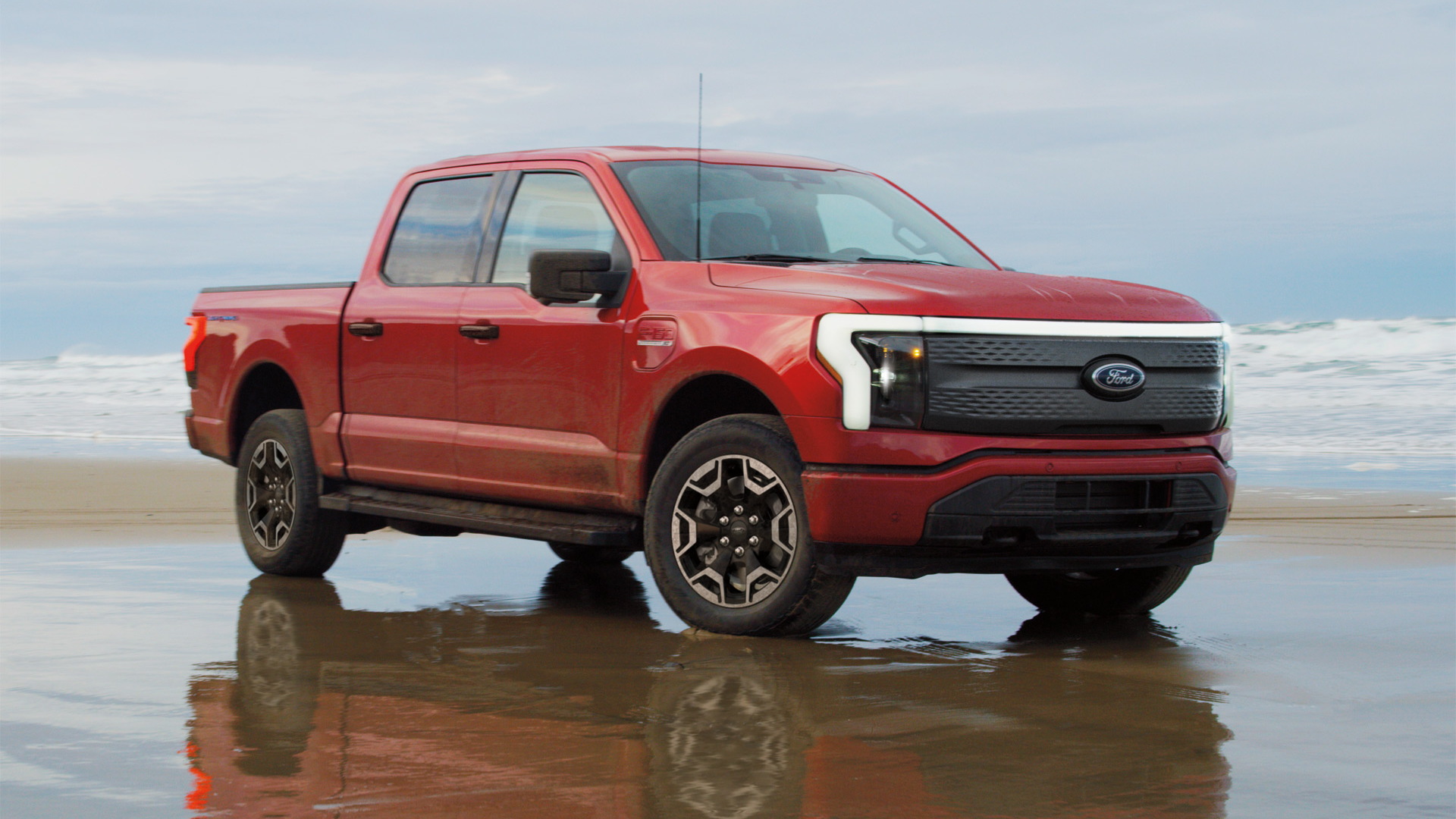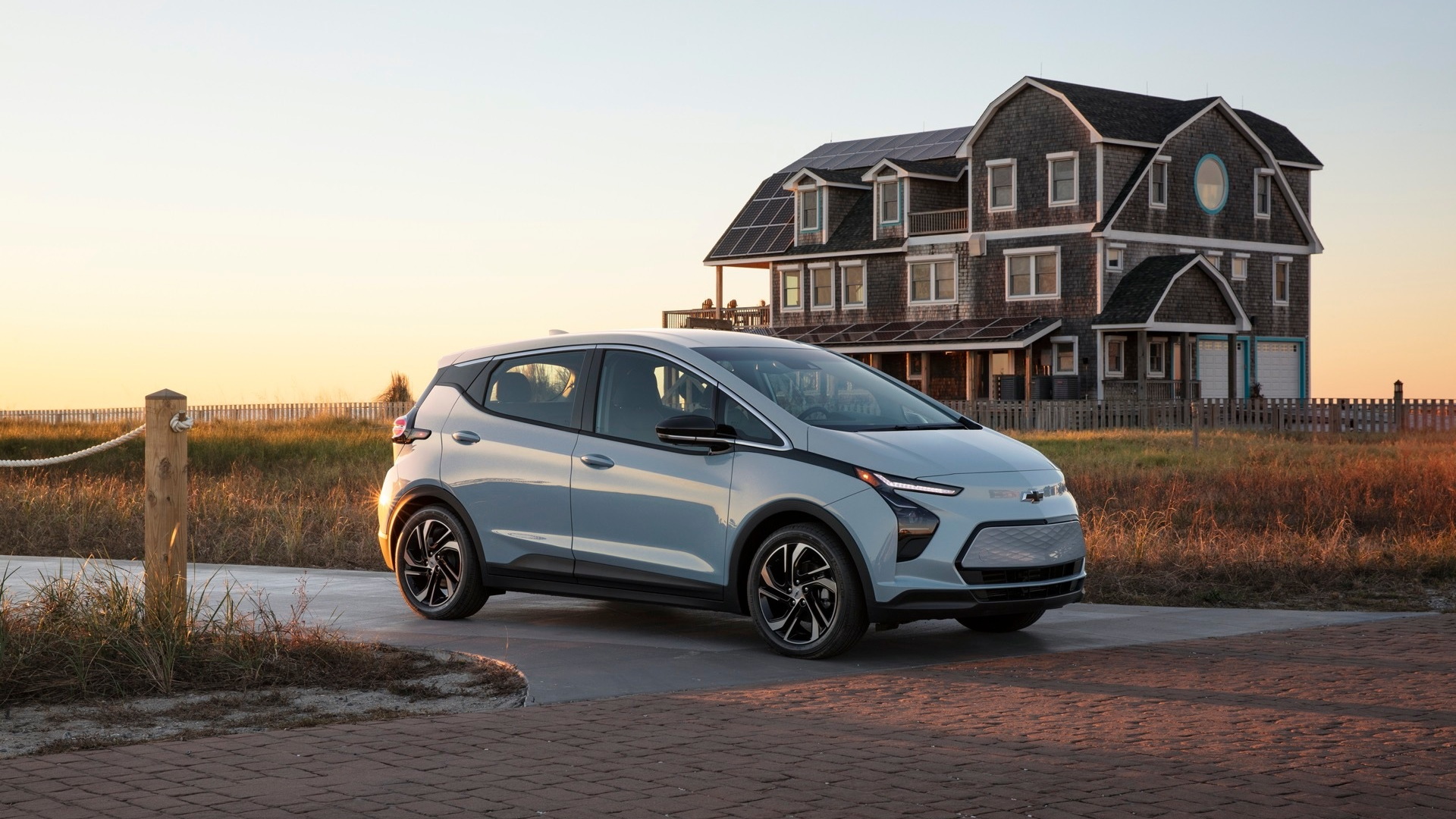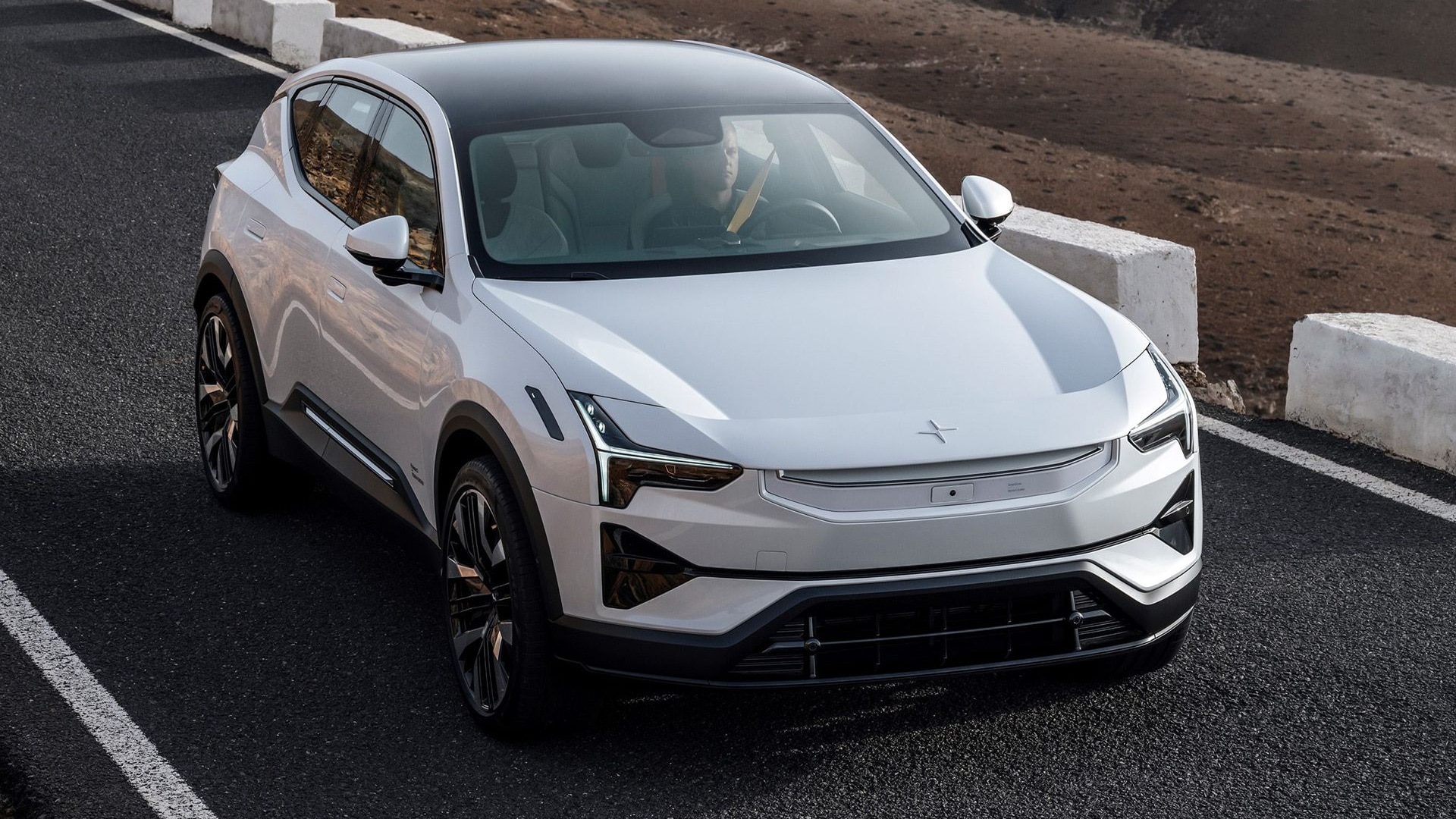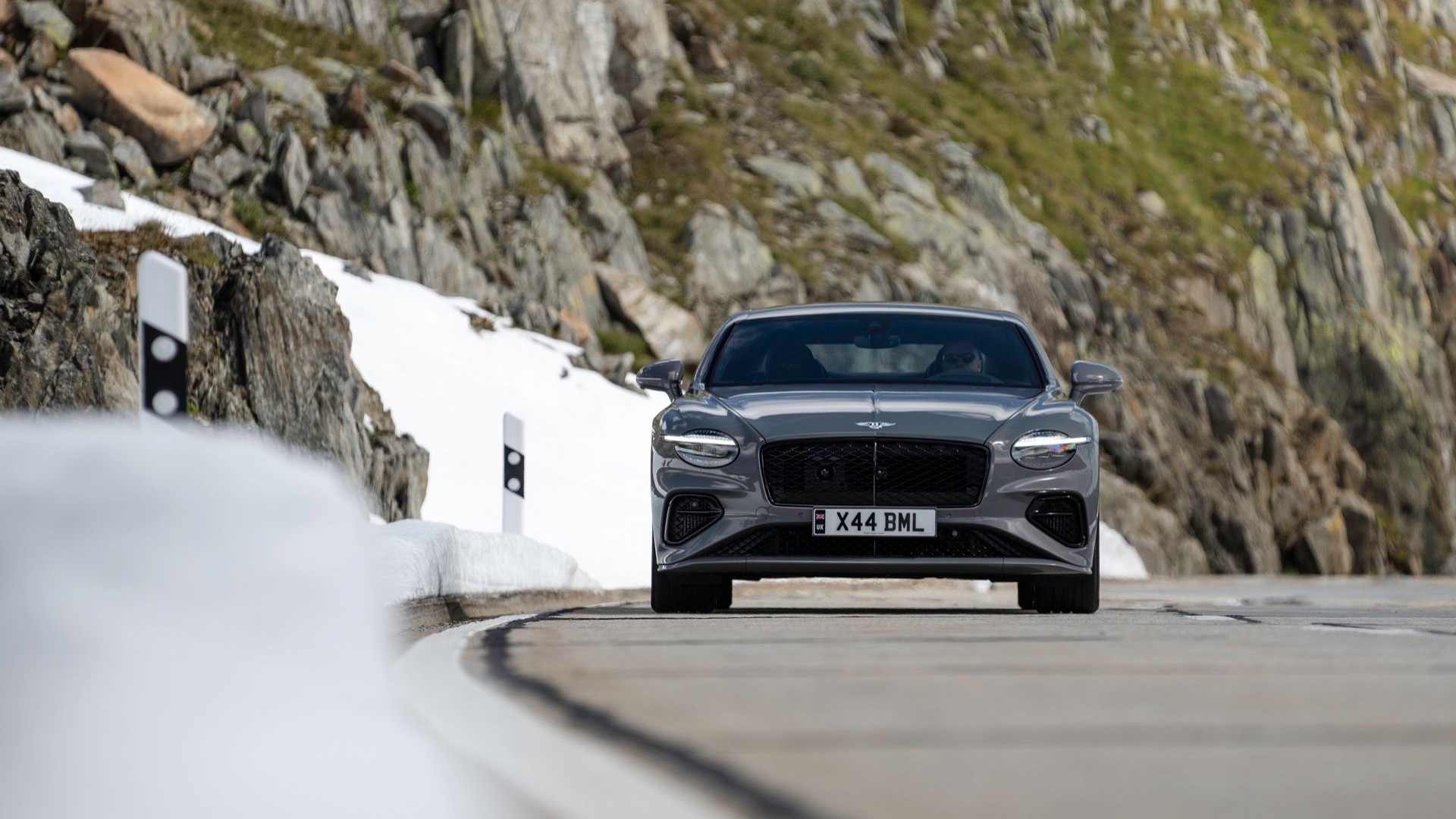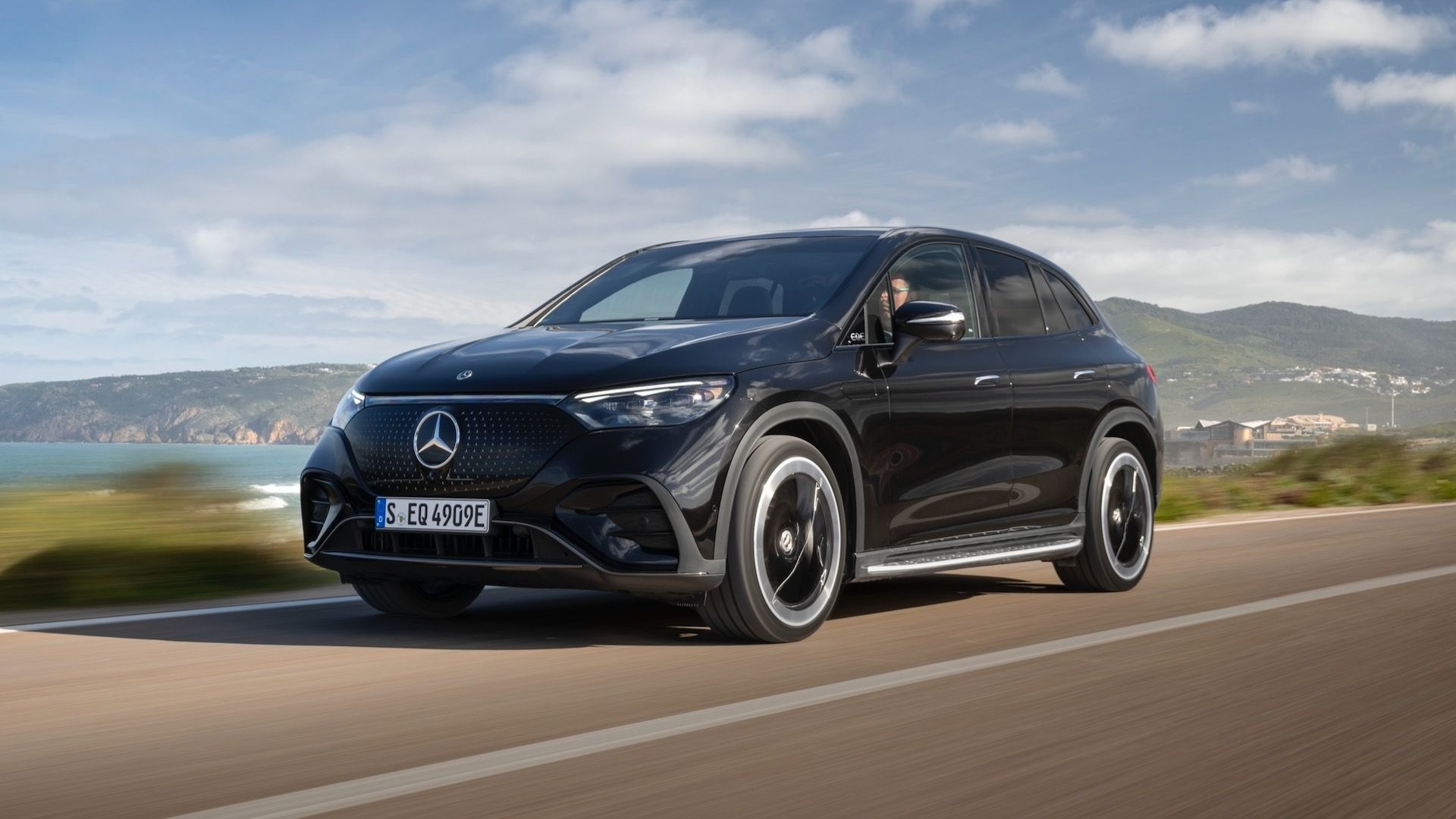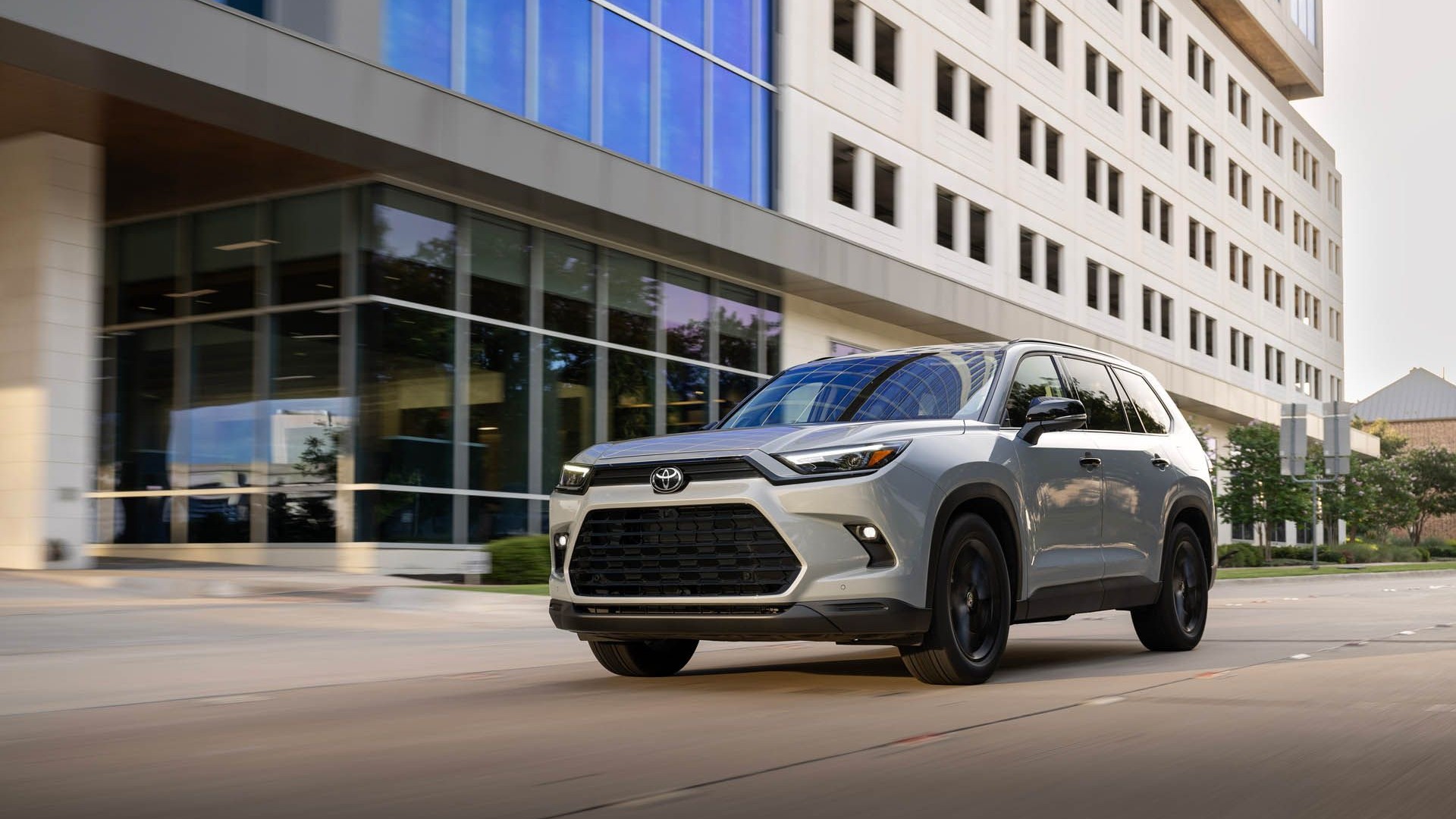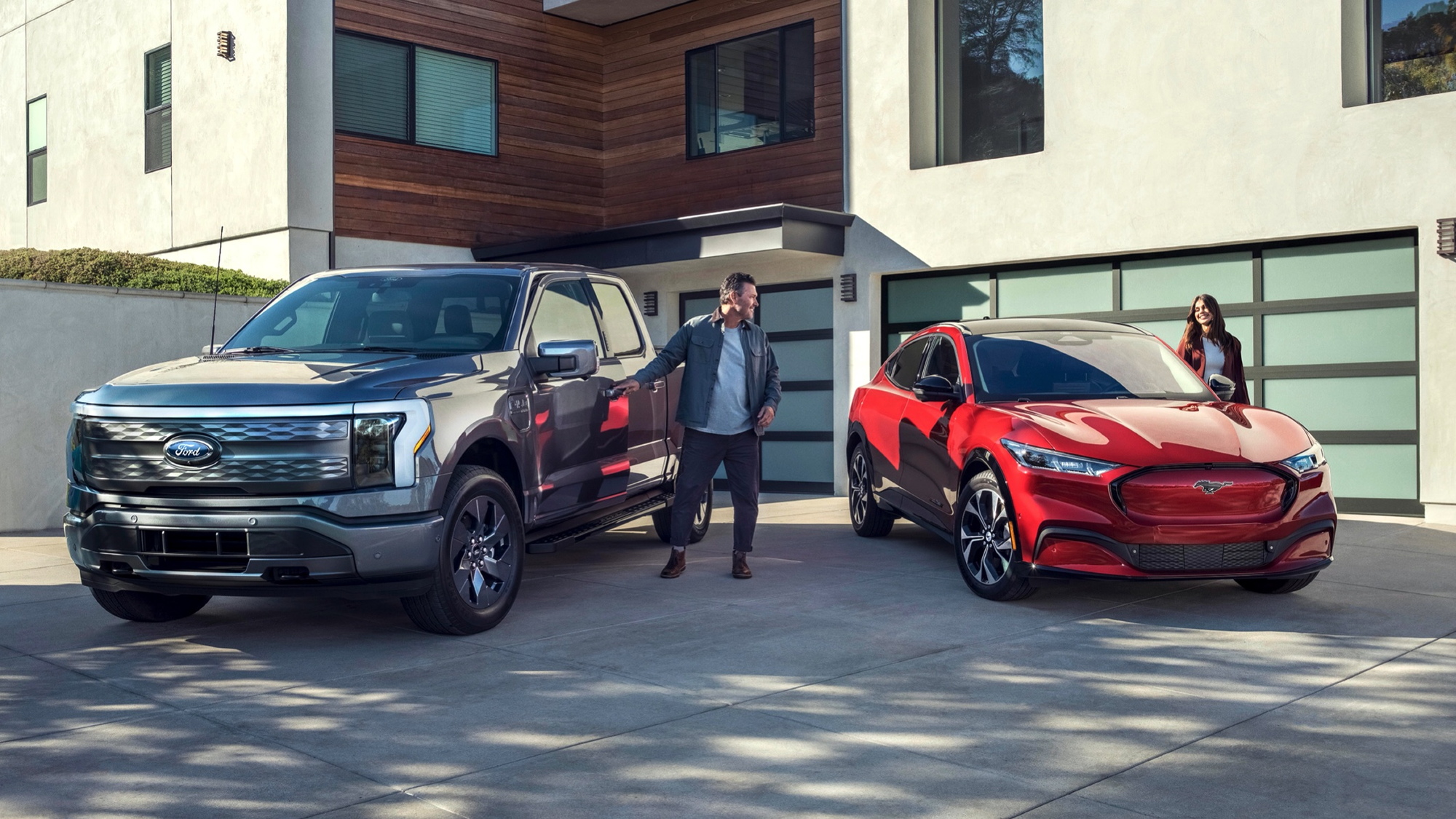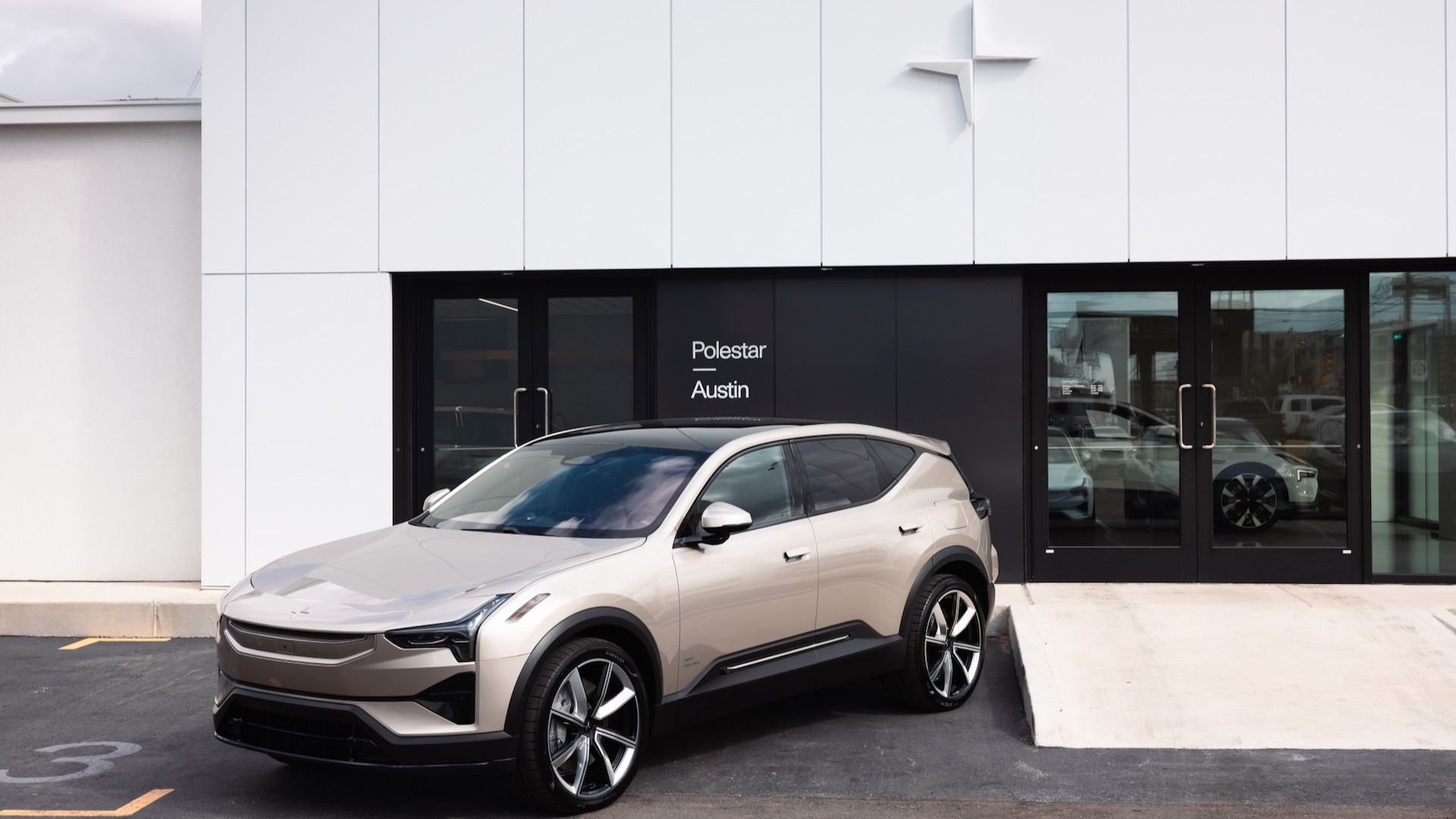Despite steady increases over the past few years, electric cars still represent only a tiny fraction of new-car sales.
There are no shortage of theories as to why that is the case.
Some electric-car advocates blame manufacturers for not adequately promoting the vehicles, while many within the industry point to a lack of consumer demand.
DON'T MISS: More than half of car buyers know little about electric cars, if anything
But a new study claims that automakers can indeed do more to stimulate electric-car demand.
Automakers must be prepared to sell electric cars to a wider range of customers than just early adopters, according to research firm McKinsey & Company (via Charged EVs).
McKinsey surveyed 7,000 car buyers in the U.S., China, Germany, and Norway, and concluded there is substantial potential demand for electric cars.

2017 Nissan Leaf
About 30 percent of U.S. consumers surveyed, and 45 percent of Germans, said they would consider buying a plug-in electric car today.
However, only 3 percent of U.S. car buyers and 4 percent of German car buyers ultimately choose a plug-in, McKinsey said.
Note that the figure for Norway is much higher, at 22 percent, showing just how far ahead of other countries Norway is when it comes to incentives that promote electric cars.
MORE: How can automakers sell more electric cars? Sierra Club report has suggestions (Aug 2016)
McKinsey also noted that current electric-car owners in the U.S. and Germany are much more satisfied with charging infrastructure—and much less concerned about range anxiety—than are potential buyers.
This indicates an opportunity for automakers to educate potential customers on the effectiveness of current charging infrastructure and the capabilities of today's electric cars, McKinsey suggested.
Similarly, McKinsey noted that consumer misconceptions about electric cars—including that they are less fun to drive and more costly to maintain than internal-combustion cars—are fairly common.
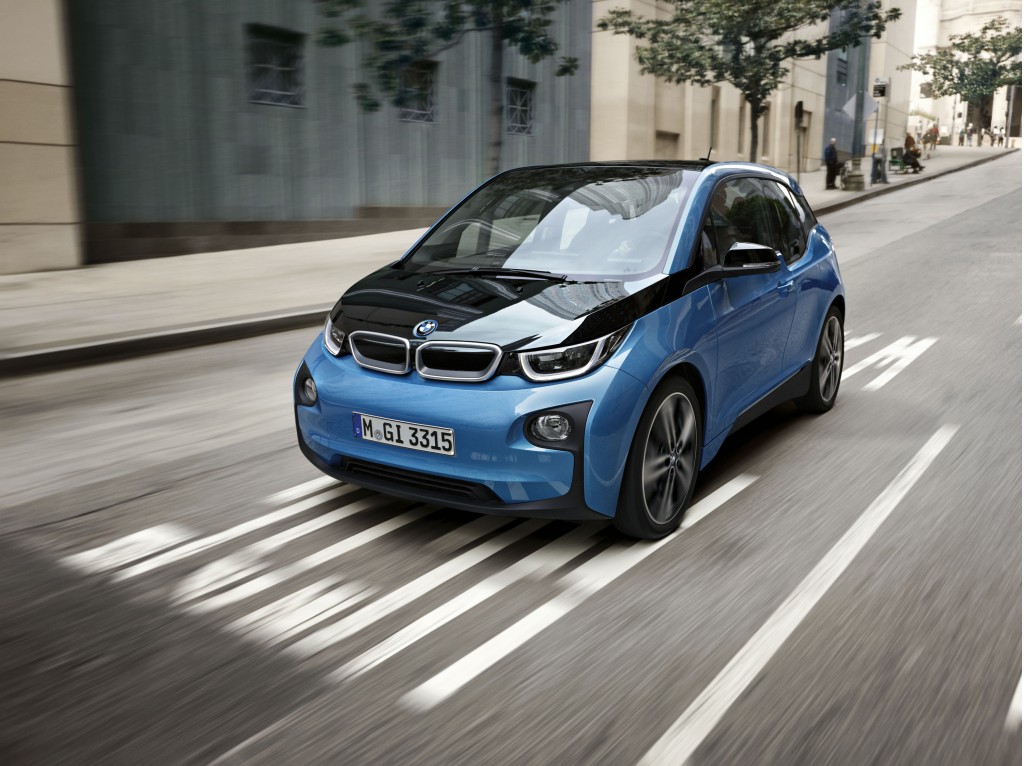
2017 BMW i3
Greater carmaker efforts to educate the public about electric cars could address those misconceptions as well.
At the same time, McKinsey noted that more potential buyers now cite a wider range of benefits for electric cars than previously, indicating a growing level of familiarity.
As well as factors like environmental impact and cost savings, McKinsey said, performance is now commonly cited.
The research firm also found that consumers trust traditional automakers over new brands that focus exclusively on electric cars—seemingly putting the ball in the established auto industry's court.
To capitalize on that good faith, automakers will have to offer electric cars to a wider range of consumers, McKinsey said.
That includes lower-income buyers, along with those who are more interested in practicality and everyday usability than the powertrain technology.
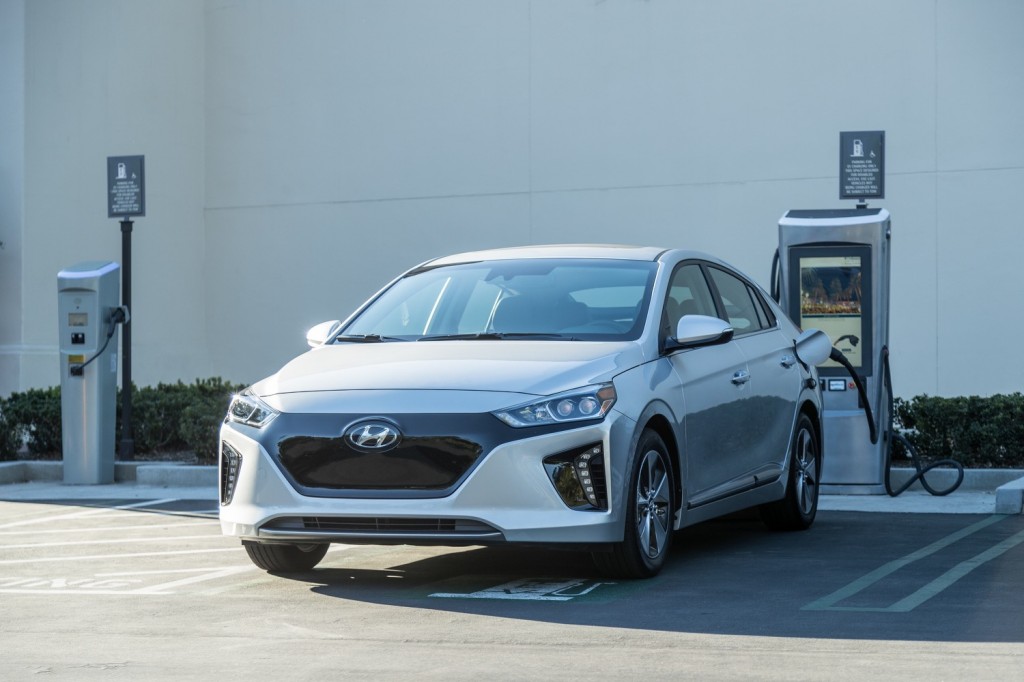
2017 Hyundai Ioniq Electric
Automakers could also market electric cars toward car-sharing or ride-sharing services, McKinsey suggested.
Many analysts believe the combination of sharing services, electric powertrains, and autonomous driving will profoundly change the auto industry over the next few years, and automakers seem to believe that as well.
Ford, General Motors, Fiat Chrysler Automobiles, Hyundai, and Nissan all use electrified vehicles as the basis for prototype autonomous cars.
Autonomous ride-sharing services remain theoretical, however, but automakers can do a lot today to promote the electric cars already available to consumers—if they want to.
_______________________________________________

